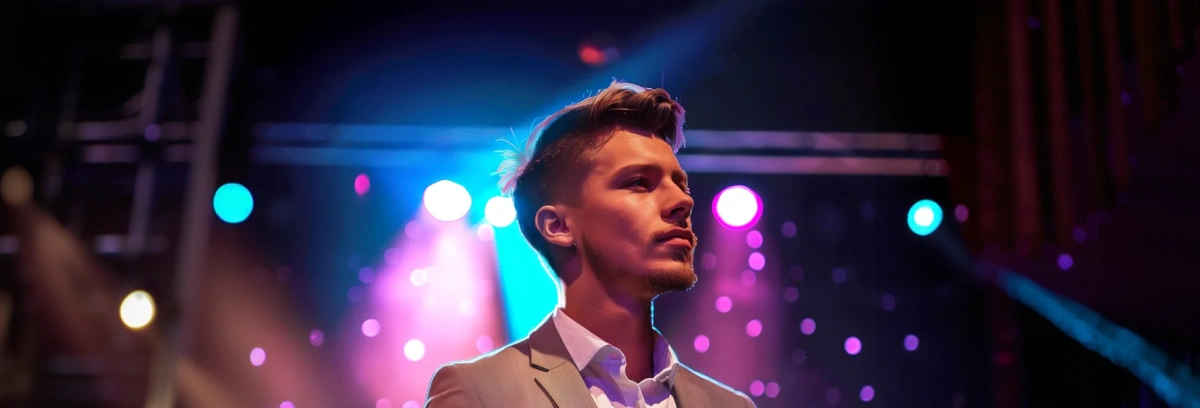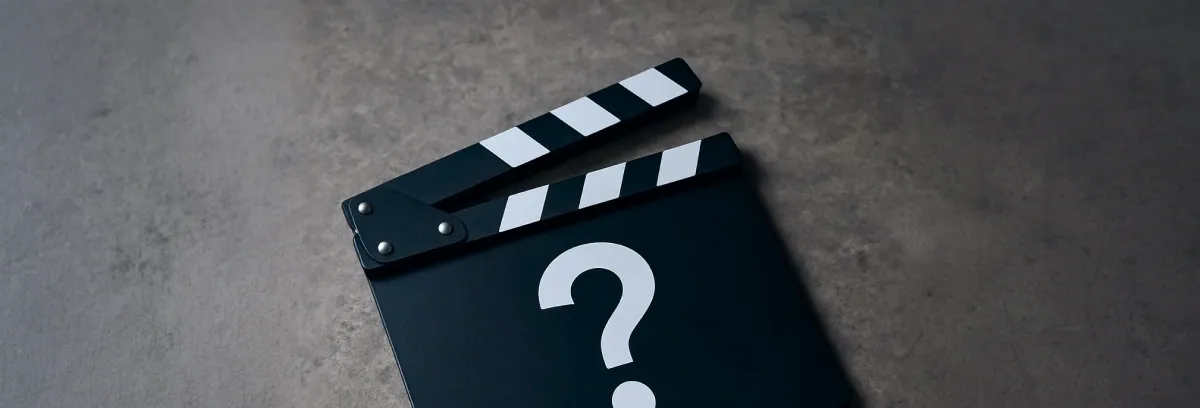Making a lasting impression on casting directors in auditions is crucial for actors hoping to land new gigs. Learn here about ways to stand out amongst other candidates and tips to use in order to effectively increase chances of successful casting results, including how to do monologues for auditions.
Respecting The Schedule
Performers invited to casting calls give their very first impression to casting directors and the production team upon arrival. The whole process typically is tightly scheduled, which means everyone following the previously confirmed time upon arrival is very important for the process to pass without a hitch.
Showing punctuality and arriving on time, or better yet arriving reasonably early, can go a long way in demonstrating professionalism by taking the auditions seriously and showing respect towards other people's time.
Being late to the casting call gives the exact opposite impression - the candidate can be perceived as unreliable. Even if the whole actual casting process ultimately is a success, such a negative first impression can affect the chances of getting the gig if the decision comes to just a select few performers.
Emitting Confidence
Actors and models invited to the casting call should believe in their chances from the very get-go and approach the process with a positive mindset. A thoughts-into-existence situation can be achieved even before arrival by imagining confidently excelling in the audition room and portraying the part without a hitch. It is a mental exercise that can help reduce anxiety and boost self-confidence.
As it is applicable in other life situations, standing tall and taking deep breaths also helps with feeling in control and empowered during castings.
To seem confident to the casting director not only in their appearance but also their performance, candidates should embrace setting themselves apart with their own strengths and abilities instead of trying to follow in the pattern of others. Also, performers should try to avoid apologizing unnecessarily or giving too many excuses for potential shortcomings, since that can give off an insecure vibe, and instead be confident about their actions by focusing on the overall result.
Let The Monologue Magic Happen
Alright, so we have made it to the part that can truly impress casting directors and their production crew to remember a candidate.
Monologues during castings are a crucial part of the whole process and serve as a way for actors to showcase their skills, range, and ability to embody a character in the form of a short performance.
On the other hand, casting directors use monologues to assess a performer's talent, presence, and suitability for whichever role they are candidates for.
Here are some of the things actors should avoid during a casting monologue:
-
Trying to do bizarre stunts.
It is advised actors avoid trying to stand out in a way that involves uncalled-for gimmicks, including tackling controversial and offensive topics. Trying to shock the casting director by putting on an authentic acting showcase can easily go the wrong way.
-
Including props in the performance.
Excessive use of props for the monologue can do more harm than good, due to potentially distracting the casting director's attention away from the actual acting performance. Keeping it reasonably simple for the casting can give better results.
-
Modifying voice without a reason.
While there will be roles that require the actor to try to portray an accent or dialect, doing it only to become more memorable can actually confuse the casting director about whether the performer fits the role. Actors should stick with using their natural voice for castings.
Instead, actors should try using these tips for their monologues during a casting call:
-
Showing the range of acting skills.
Performers are certainly welcome to feature various forms of emotions during their casting call monologue. It is preferred to start off the monologue with a clear emotional state and then continuously and naturally evolve it throughout the performance.
-
Using body language during the performance.
Actors' own bodies can serve as props to convey emotions required during a monologue way better than any material prop ever could. That is because appropriate body movement can highlight the acting skills even more instead of distracting the casting director's attention away from them.
-
Maintaining focus throughout the monologue.
Less experienced actors can potentially get carried away with the various things to showcase to the point they distract their focus from the main goal of it all. Actors should maintain consistency in their portrayal of emotions, gestures, and vocal tone, delivering a balanced and captivating performance.
Staying Professional Until The Very End
The behavior given at the end of the casting call part of the performer is also very important for leaving an overall great impression as a dedicated and professional actor to the casting director and other people within the expert panel.
Actors should be open to receiving any type of feedback following their monologue. By listening attentively and thanking them for their input about the performance, the performer will give a respectful and professional impression. Indirectly this also, of course, ultimately gives the opportunity for actors to use any criticism for improvements in the future castings and auditions.
In the unfortunate scenario of receiving a rejection, it is important for the declined actor to avoid taking it personally. By understanding that such decisions during castings are based on numerous factors and reasons, and are only business-related, it will be easy to take the bad news pragmatically and remain confident until the very end.
Meanwhile, the good news at the end of the casting call can vary. It may be information that the candidate has made it to the next stage of auditions and will have to schedule another, more extensive monologue. Or it can be the wonderful news about getting the role the performer had applied to and was recognized by the casting director for the showcase put on during the casting.
In that case, the hired actor should thank whoever informed them of the opportunity and make sure they have all the necessary information for what is to happen next. While private actors can surely even celebrate getting the acting gig, it is also important to remember to stay focused because the major preparation and work will now begin.




